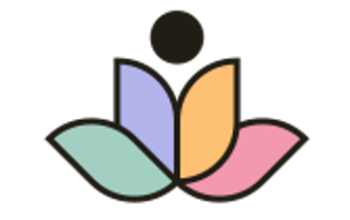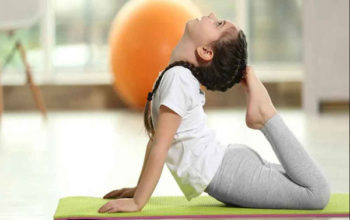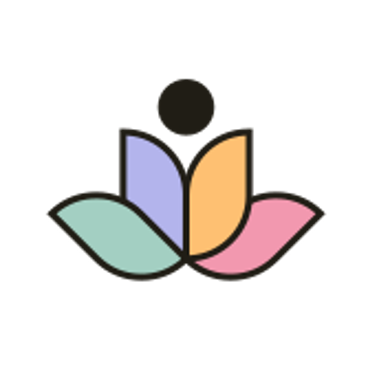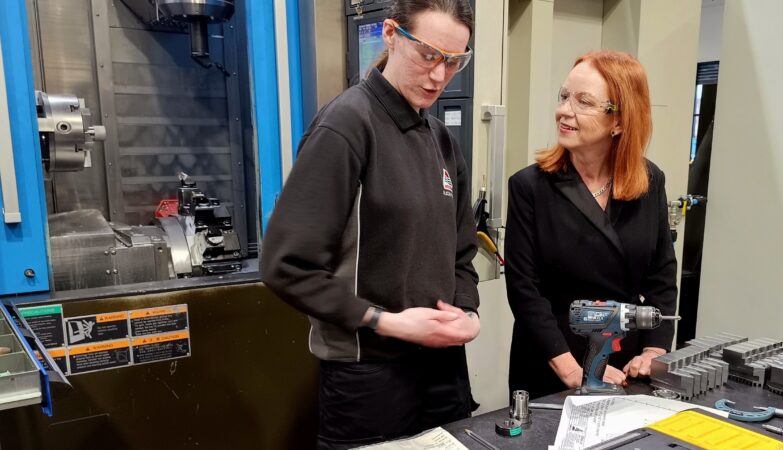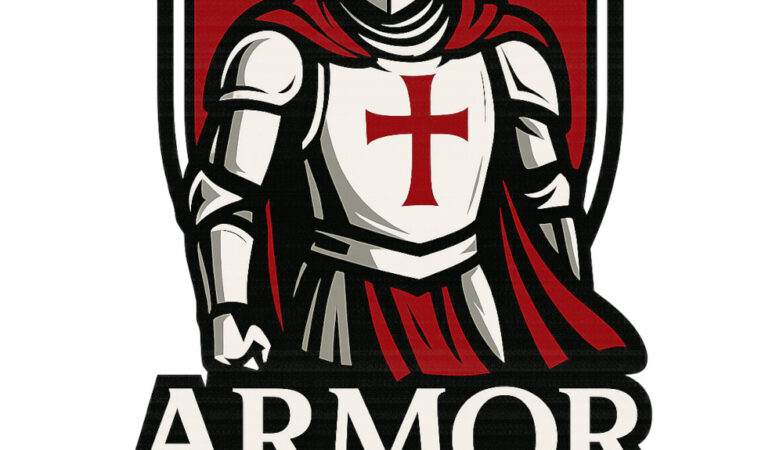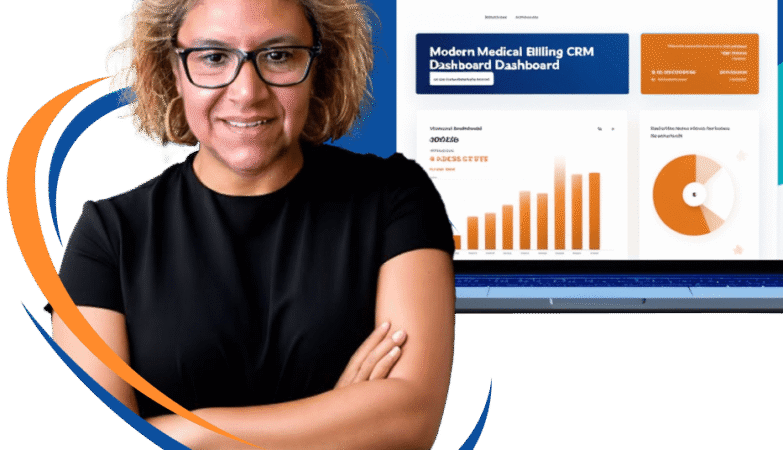 The heading Canadian online source for children’s health, AboutKidsHealth.ca, says that an increasing number of children are successfully using acupuncture to treat chronic pain.
The heading Canadian online source for children’s health, AboutKidsHealth.ca, says that an increasing number of children are successfully using acupuncture to treat chronic pain.
When teenager Andrew Pearce was first diagnosed with the immune system disorder Guillaim-Barre syndrome, he could barely walk. At one point, he could not move anything in his body from his shoulders down. He went through a long series of therapies, including acupuncture, to help restore his muscle function. Acupuncture aided with his recovery by helping to stimulate the nerves and muscles in his knees.
Over the past several decades, people like Andrew have turned more and more to complementary and alternative medicines (CAMs) such as acupuncture. One-third of pediatric pain centres in the United States now offer acupuncture as part of their services.
In 2000, Toronto’s Mount Sinai Hospital established an acupuncture clinic in conjunction with the Michener Institute. Headed by Dr. Adam Chen, a licensed acupuncturist with over 30 years of clinical experience, Mount Sinai offers acupuncture to a wide variety of patients who live with chronic pain. About 10% of his patients are children. Working at Mount Sinai provides acupuncture practitioners and students with “a new perspective on the application of acupuncture and the role it can play when combined with modern medicine in a clinical setting,” says Dr. Chen.
What is acupuncture?
Acupuncture is an element of traditional Chinese medicine. In acupuncture, it is believed that there are 12 channels, called meridians, in the body. These meridians carry energy, called ‘qi’, throughout the body. A ‘blockage’ of the energy within any of these meridians can lead to health issues or pain. There are a great number of acupuncture points along each of these meridians. Each person’s body has more than 300 ‘acupoints’ where energy flow can be disrupted. Acupuncture is the insertion and manipulation of needles at specified acupoints along these meridians to help relieve blockages.
A number of studies support the use of acupuncture in the treatment of chronic pain. One trial evaluated 47 young people aged five to 20 years who received acupuncture treatment for various chronic pain conditions. Seventy per cent of patients and 59% of their parents found acupuncture helpful in relieving pain. The study also found that 67% of patients and 60% of parents thought the treatment experience was pleasant or positive.
Are children and teens afraid of the needles?
Many children tolerate acupuncture well and view acupuncture as a positive experience. However, some children may be wary of the needles. Many acupuncturists will be extra gentle when treating children. Practitioners stress the importance of reducing anxiety and establishing a friendly and trusting environment before giving acupuncture.
Teenagers may find acupuncture treatment quite fascinating. Andrew, for example, was not nervous about the needles. “I watched it all and found it interesting. My acupuncturist explained the whole thing before and during the procedure. It was great. It was a relaxing, calm feeling throughout the procedure.”
Sherene Chen-See
Medical writer/editor
AboutKidsHealth
Please visit AboutKidsHealth.ca’s page on Acupuncture to read the full article, and discover more information about the process and effectiveness of acupuncture for children. Alternatively, visit www.aboutkidshealth.ca to read about the other children health resources available.
AboutKidsHealth.ca
AboutKidsHealth.ca is the leading Canadian online source for trusted child health information, and has a scope and scale that is unique in the world. Developed by SickKids Learning Institute in collaboration with over 300 paediatric health specialists, the site provides parents, children, and community health care providers with evidence-based information about everyday health and complex medical conditions, from adhd to chronic pain. AboutKidsHealth.ca adheres to rigorous quality standards for the creation and review of health information.
Visit http://www.aboutkidshealth.ca to find out more.
For more information please contact:
Sue Mackay, Communications
mailto:susan.mackay@sickkids.ca
The Hospital for Sick Children
555 University Avenue
Toronto, Ontario
Canada
M5G 1X8
Tel: 416-813-5165

